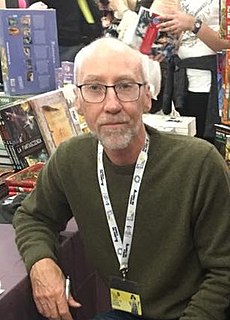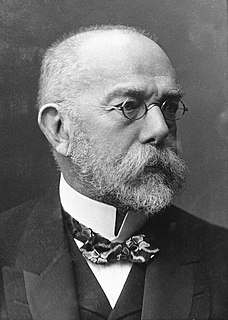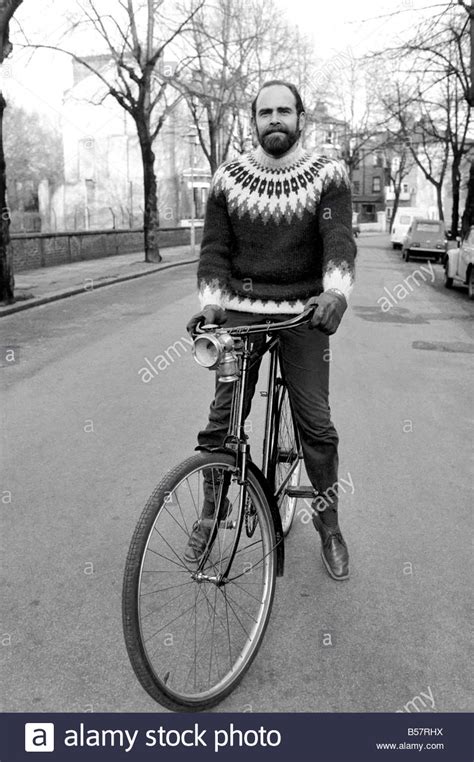A Quote by David Hume
No one can doubt, that the convention for the distinction of property, and for the stability of possession, is of all circumstances the most necessary to the establishment of human society, and that after the agreement for the fixing and observing of this rule, there remains little or nothing to be done towards settling a perfect harmony and concord.
Related Quotes
The power of perpetuating our property in our families is one of the most valuable and interesting circumstances belonging to it, and that which tends most to the perpetuation of society itself. It makes our weakness subservient to our virtue; it grafts benevolence even upon avarice. The possession of family wealth and of the distinction which attends hereditary possessions (as most concerned in it,) are the natural securities for this transmission.
Property is, after all, a social convention, an agreement about someone's exclusive right to use a thing in specified ways. However, we seem to have forgotten this. We seem to think that property belongs to us in some essential way, that it is of us. We seem to think that our property is part of ourselves, and that by owning it we therefore make ourselves more, larger, greater.
You are horrified at our intending to do away with private property. But in your existing society, private property is already done away with for nine tenths of the population; its existence for the few is solely due to its non-existence in the hands of those nine tenths. You reproach us, therefore, with intending to do away with a form of property, the necessary condition for whose existence is the non-existence of any property for the immense majority of society.
Evil is nothing but a word, an objectification where no objectification is necessary. Cast aside this notion of some external agency as the source of inconceivable inhumanity - the sad truth is our possession of an innate proclivity towards indifference, towards deliberate denial of mercy, towards disengaging all that is moral within us. But if that is too dire , let's call it evil. And paint it with fire and venom.
Anybody who has ever owned a dog who barked when strangers came near its owner's property has experienced the essential continuity between animal territoriality and human property. Our domesticated cousins of the wolf know, instinctively, that property is no mere social convention or game, but a critically important evolved mechanism for the avoidance of violence. (This makes them smarter than a good many human political theorists.)
... After it has been determined that the pathogenic organism is present in the animal body, and after it has been shown that the organism can reproduce in the body and be transmitted from one individual to another, the most important experiment remains to be done....to determine the conditions necessary for growth and reproduction of the microorganism.
It is generally admitted that the cultural values (humanization) and the existing institutions and policies of society are rarely,if ever, in harmony. This opinion has found expression in the distinction between culture and civilization, according to which "culture" refers to some higher dimension of human autonomy and fulfillment, while "civilization" designates the realm of necessity, of socially necessary work and behavior, where man is not really himself and in his own element but is subject to heteronomy, to external conditions and needs.
Because, unlike courage and wisdom, which made our state brave and wise by being present in a particular part of it, discipline operates by being diffused throughout the whole of it. It produces a concord between its strongest and weakest and middle elements, whether you define them by the standard of good sense, or of strength, or of numbers or money or the like. And so we are quite justified in regarding discipline as this sort of natural harmony and agreement between higher and lower about which of them is to rule in state and individual.
Money is only important in a society when certain resources for survival must be rationed and the people accept money as an exchange medium for the scarce resources. Money is a social convention, an agreement if you will. It is neither a natural resource nor does it represent one. It is not necessary for survival unless we have been conditioned to accept it as such.
In some exquisite critical hints on "Eurythmy," Goethe remarks, "that the best composition in pictures is that which, observing the most delicate laws of harmony, so arranges the objects that they by their position tell their own story." And the rule thus applied to composition in painting applies no less to composition in literature.







































